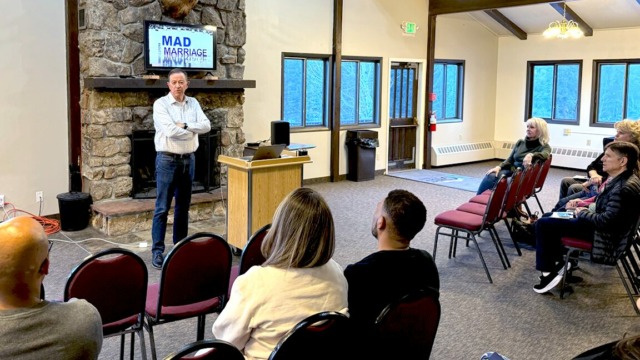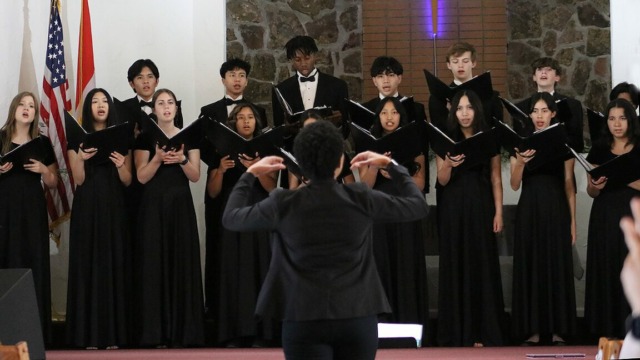By AdventHealth … In our modern world of earbuds, headphones, surround sound and electronic versions of everything, life can get pretty noisy. We don’t always think about how these sounds affect our hearing in the long run, especially for the littlest ears.
Noise-induced hearing loss can occur if your little ones are exposed to loud noises for long periods. While that may sound scary, the good news is that it’s preventable. We’re here with all you need to know about this specific kind of hearing loss in kids and how to protect the most sensitive ears.
What Is Noise-Induced Hearing Loss?
Noise-induced hearing loss is sensory deafness caused by long-term exposure to a noisy environment. Auditory fatigue can happen temporarily, such as at a rock concert, and hearing can gradually recover after leaving the loud environment. However, staying in a noisy environment for a prolonged period can permanently impair hearing, which is especially concerning for children.
What Causes Noise-Induced Hearing Loss?
Societal changes mean that people are more likely to be exposed to noise on a regular, ongoing basis. While damage to the inner ears can happen from sudden, extremely loud noises like an explosion, it’s the cumulative effect of exposure to excessive noise that we might now consider “white noise,” (such as a lawnmower outside) that can gradually damage hearing.
Most children and teens use earbuds and headphones to listen to music and participate in online school activities. Now, more than being exposed to outside noise, our kids are streaming loud sounds directly into their ears. They may not show the signs immediately, but without taking precautions, their hearing and quality of life could be affected later in life.
Symptoms of Noise-Induced Hearing Loss
Difficulty hearing is the main symptom of noise-induced hearing loss. Your child may have symptoms like:
- Buzzing or ringing in the ears (tinnitus)
- Normal conversation may sound muffled or unclear
- Trouble hearing soft or faint sounds
How to Prevent Noise-Induced Hearing Loss
The best thing you can do is to protect your children from loud noises. That may seem like a daunting task since noises like these are all around us:
- Appliances such as hair dryers, food processors or blenders
- Concerts, sporting events and movie theaters
- Equipment such as leaf blowers and lawnmowers
- Music from smartphones with the volume turned up too high
- Power tools
- Televisions turned up too loud
- Traffic or subway noise
Think about keeping the volume low on the TV, radio and other listening devices, teaching your children to keep their volume at a reasonable level when listening to their headphones or earbuds, and limiting how often they use them.
Also, we typically think of earphones as noise-inducing, but noise-canceling earphones or earbuds are great to protect children’s ears if you’re at a noisy event or there is something loud going on outside. They’re also great for children who are extra sensitive to loud noises when visiting lively places like theme parks or festivals.
When to See a Doctor
If you notice hearing loss symptoms in your child, it’s best to visit their health care provider. Your child’s doctor will ask questions about their hearing and do an examination with close attention to the ears. Your child may be referred for hearing testing.
At AdventHealth, our world-class pediatric providers specialize in childhood diabetes, allergies, cancer, neurology and more. We’re here for every milestone and growing pain, supporting your child’s healthy growth through evidence-based, whole-person medical treatments for kids at every age and stage.
Learn more about our pediatric care for healthier, happier kids.
–AdventHealth; photo supplied
This article was originally published on AdventHealth’s website




